Premium Only Content
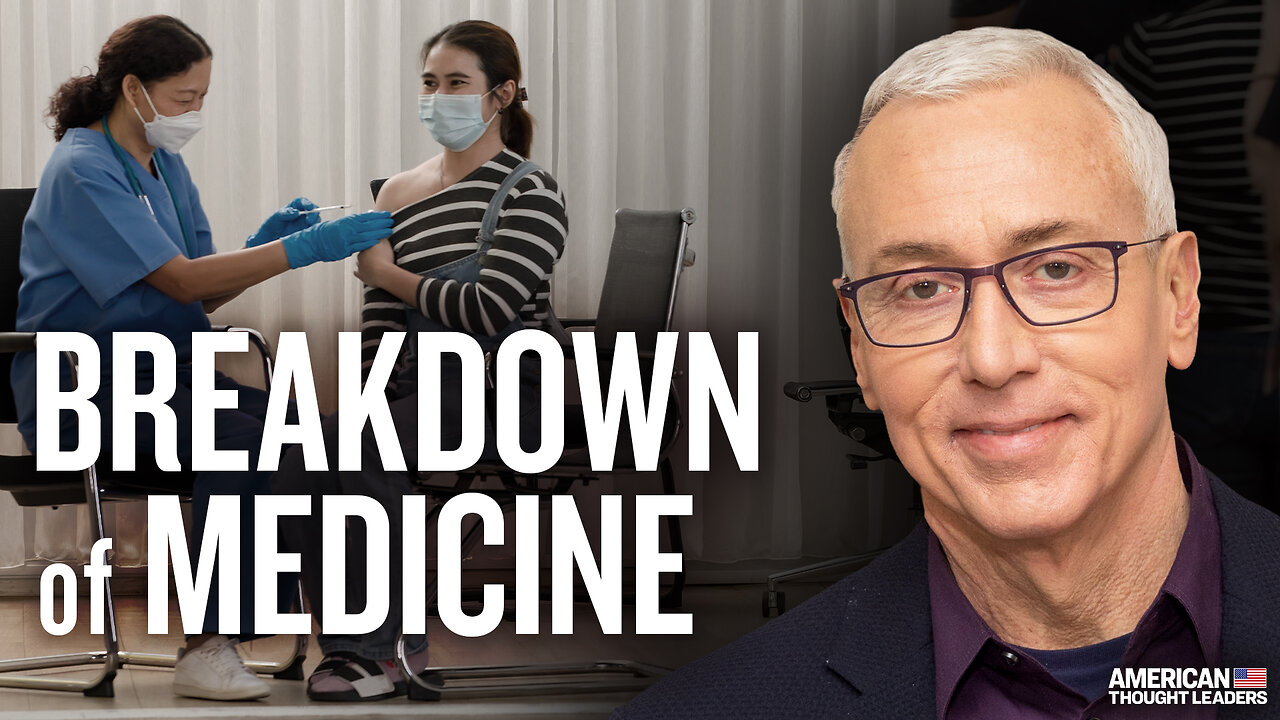
Dr. Drew: Erosion of the Patient-Physician Relationship
🔵 Try Epoch Times now: https://ept.ms/3Uu1JA5
This is the 30 minute TV version of Jan Jekielek’s interview with The longer-form version was released on Epoch TV on
🔴 Watch the extended version of this episode: https://ept.ms/Y1207DrDrewPinsky
Drew Pinsky, popularly known as Dr. Drew, is an addiction medicine specialist and host of the TV series “Ask Dr. Drew.” For decades, he has been studying public health and drug addiction in America, exposing its ongoing challenges in nationally syndicated television and radio programs. He saw early on during the COVID-19 pandemic that the response from the authorities would cause unnecessary harm and suffering.
“A member of the school board came in and said, ‘We’re going to lock the schools down.’ And I said, ‘Why? Why are you doing that? Who did you consult with? Did an infectious disease doctor come in and say you’ve got to do this?’ ‘No, it’s just the right thing to do.’ ... I knew then that was big, big, big trouble,” says Pinsky.
He says that how authorities reacted to the pandemic followed a similar playbook to how they responded to the opioid crisis. And in both cases, he argues, the physician-patient relationship has degraded.
“The physician-patient unit is so badly encumbered and so badly adulterated right now that it’s hard for it to function,” says Pinsky. “There are some of us that can’t get over COVID—not the virus—the way our country dealt with the COVID, just mind-boggling.”
Pinsky is particularly concerned about the centralization and algorithmization of medicine.
“The young folks are being taught to look at the computer and just fill out forms, do an algorithm, look things up if you don’t know—I mean, I don’t know how you develop judgment. I don’t know how you think about a risk-reward if all you’re doing is following an algorithm on your electronic medical record. It’s really disturbing,” he says.
CHAPTER TITLES
04:50 America’s Opioid Crisis
10:40 The Early Stages of the COVID-19 Pandemic Response
16:03 Risk-Reward Analysis and Informed Consent
18:51 Subsidiarity and Decentralization in the Medical Context
20:08 Doctors Following Algorithms Instead of Using Their Own Judgment
Dr. Drew about Covid response: “Think about COVID. You have these bureaucrats who are evangelically possessed that they're in the right. Guys like Scott Atlas and Robert Redfield try to reason with them with data. They're like you're an outlier. Get out of here. We know what's right for the American public…. You don't scream hysterically, and you also don't undo all your ethical standards and throw away the Constitution and the Bill of Rights. That's what I can't get over.”
“The COVID experience has re-entrenched my sense of the importance of the autonomy and the sanctity of the physician patient relationship. I feel that we have lost that battle, so much so that I'm working now with companies to try to deliver products and services directly to patients and put the autonomy now with the patient, maybe with some telehealth support, but that the physician patient unit is so badly encumbered and so badly adulterated right now that it's hard for it to function, and that the idea that medicine can be centralized and algorithmized is disgusting to me.”
About medical risk-reward analysis: “Do no harm. Risk-Reward gone. What happened? I feel like Do No Harm is my mandate, and risk reward is what I must consider in every moment in my evaluation with a patient… When I was training residents, if they couldn't come up with their risk reward analysis on every decision they made, I would crucify them. And the thing that, if they ever said to me that was the most intolerable, when, if I'd asked them why they made that decision, and the answer is, I just had to do something. No way I'm not going to be kind to that. Let's just say, because that's how you harm patients.”
About informed consent: “Informed consent. That is the basic job. When you offer a treatment for somebody, you have to make sure that it's done with the patient. I mean, look, it may have been, before my time, that doctors would just do things and, you know, the patient would trust it. I was trained that it's a co-decision. Every single decision is made with the patient, and the treatment is agreed upon with the patient based on my ability to communicate the risk-reward analysis to them.”
Dr. Dew: "If somebody's on the street with a heart attack, we treat them. If somebody's on the street with a seizure, we treat them. Somebody's on the street with schizophrenia, we leave them alone. It's stigmatizing. It's draconian. It is medieval, and it has nothing to do with modern medicine.”
🔵 Sign up for the American Thought Leaders ALERTS newsletter to stay up-to-date on new episodes, releases, and special events👉 https://ept.ms/ATLnewsletter
💛 Support us 👉https://donorbox.org/american-thought-leaders
-------------------------------------------------
© All Rights Reserved.
-
 23:28
23:28
American Thought Leaders
8 days agoLt. Gen. Michael Flynn: ‘I tell people that I'm not anti-war. I'm anti-stupid-war.’
11K21 -
 1:08:35
1:08:35
Graham Allen
3 hours agoNEWSOM IS TO BLAME! Fires Spread As Dems Blame Trump! + Biden Claims He Could Have “Beaten Trump”
41.6K14 -
 LIVE
LIVE
Matt Kohrs
8 hours agoIT'S A MARKET BLOODBATH!!! (Bitcoin, Nvidia, Tesla & More) || The MK Show
1,390 watching -
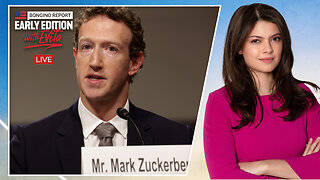 45:40
45:40
BonginoReport
4 hours agoZuckerberg Tattletales on Government He Installed (Ep.117) - 01/13/2025
57.8K81 -
 1:59:42
1:59:42
Jeff Ahern
2 hours ago $1.33 earnedMonday Madness with Jeff Ahern( 6am pacific)
8.4K -
 15:06
15:06
Misha Petrov
12 hours agoBonnie Blue Is a CREEP
1.65K10 -
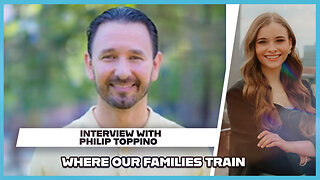 46:05
46:05
PMG
12 hours ago"Hannah Faulkner and Philip Toppino | Where Our Families Train"
371 -
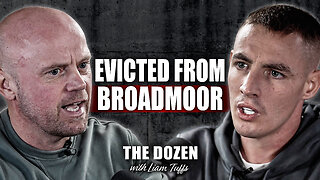 1:22:21
1:22:21
TheDozenPodcast
22 hours agoBroadmoor, bare knuckle, recovery: Ben Hatchett
52.3K2 -
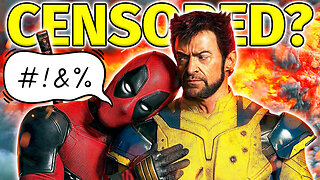 10:58
10:58
Degenerate Jay
1 day ago $11.02 earnedThe Rejected Deadpool And Wolverine Joke That Was Too Far For Disney
107K8 -
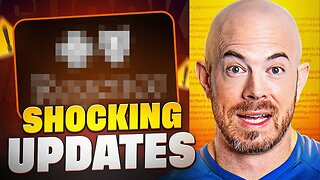 13:00
13:00
Dermatologist Dr. Dustin Portela
17 hours ago $7.71 earnedAnother Insurance Company Harming Patients - Doctor Explains
76.8K6